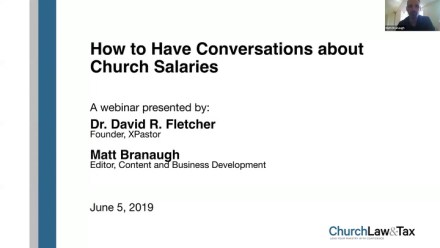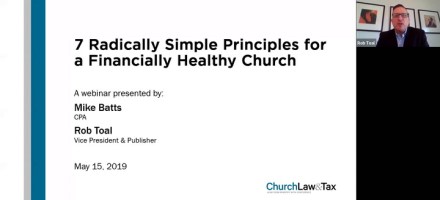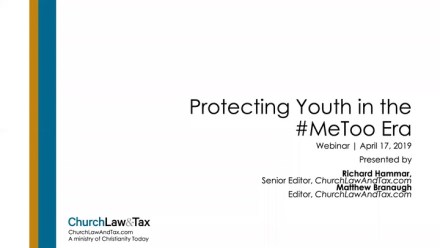Bladensburg Cross Ruling
Supreme Court Upholds Constitutionality of Bladensburg Cross
Overview of the Case
A high-profile legal case concerning a nearly 100-year-old war memorial was recently resolved by the United States Supreme Court. In a 7-2 decision, the Court ruled that the presence of a large cross on public land does not violate the U.S. Constitution. This decision carries important implications for churches and religious organizations.
Historical Background
- 1918: Citizens of Prince George’s County, Maryland, formed a committee to honor locals who died in World War I.
- Design: The committee, which included mothers of fallen soldiers, chose a 32-foot-tall Latin cross, designed and built with community donations.
- Completion: When funds ran low, the American Legion completed the project in 1925.
- Features: The cross stands atop a pedestal with inscriptions like “Valor,” “Endurance,” “Courage,” and “Devotion.” A plaque honors 49 local men who died in the war.
- Ownership: The land was transferred to the state’s park and planning commission in 1961.
The cross, known as the Bladensburg Cross or Peace Cross, became a focal point for patriotic events and was eventually surrounded by other memorials in what is now Veterans Memorial Park.
The Legal Challenge
- 2012: The American Humanist Association (AHA) filed a lawsuit claiming the cross violated the Establishment Clause of the First Amendment.
- Request: The AHA sought removal of the cross or alteration to eliminate its religious appearance.
- Defense: The American Legion intervened to defend the monument.
- Court Journey: A district court upheld the cross; a federal appeals court reversed that decision; the Supreme Court granted review.
Supreme Court’s Analysis and Rationale
The majority opinion, authored by Justice Samuel Alito, outlined several key points.
1. Problems with the Lemon Test
The Court criticized the Establishment Clause test developed from its 1971 decision in Lemon v. Kurtzman, noting:
- It failed to account for long-standing traditions and symbols.
- It struggled to explain why prayers, “In God We Trust,” or religious holiday observances remain constitutional.
- It created legal uncertainty and confusion.
The Court provided four reasons why the Lemon test should not apply in this case:
- Uncertain Historical Motives: Determining original intent decades later is speculative.
- Evolving Symbolism: Over time, religious symbols often gain new, secular meanings.
- Changing Public Perception: Monuments can become ingrained in cultural identity.
- Risk of Hostility: Removing old religious symbols may appear hostile to religion, evoking memories of secular regimes that erased religious references.
Editor’s Note: The Supreme Court subsequently replaced the Lemon Test with a test emphasizing “historical practices and understandings,” in Kennedy v. Bremerton Sch. Dist., 142 S. Ct. 2407 (2022). Richard Hammar provides an analysis of the Kennedy decision.
2. Avoiding Religious Hostility
The Court emphasized:
- Altering or removing the cross could be seen as disrespectful.
- Government efforts to eliminate long-standing religious symbols may reflect hostility, not neutrality.
3. A Shift Toward Historical Practice
Rather than rely on Lemon, the Court:
- Turned to historical context as a more reliable guide.
- Cited Marsh v. Chambers (1983) and Town of Greece v. Galloway (2014) as examples where prayer and religious symbols in public settings were upheld based on tradition.
4. Final Holding
The Court concluded:
- The cross has dual meaning: It honors WWI soldiers and reflects its historical Christian symbolism.
- Over nearly a century, it gained significance beyond religion, symbolizing sacrifice, memory, and civic unity.
- Its continued presence is constitutional, especially given its original context and long-standing role in the community.
Implications for Churches and Religious Organizations
This decision weakened the Lemon test, a long-used, but controversial, standard in Establishment Clause cases at the time. The Court acknowledged:
- Lemon (since replaced in the Supreme Court’s subsequent Kennedy decision) had been criticized by justices, judges, and scholars.
- Legal scholar Michael McConnell called it a source of “doctrinal chaos.”
Key takeaways for church leaders:
- Older monuments with religious imagery are now strongly presumed to be constitutional.
- This includes:
- Crosses on public land
- State and city names with religious roots
- Phrases like “In God We Trust” on currency
- However, the ruling focuses on existing monuments, not the creation of new ones.
The Supreme Court concluded: “Retaining established, religiously expressive monuments, symbols, and practices is quite different from erecting or adopting new ones. The passage of time gives rise to a strong presumption of constitutionality.”
In summary, the Bladensburg Cross may remain, and by extension, many similar memorials may continue to stand as reminders of faith, sacrifice, and national heritage.
We’ve used a combination of AI and human review to make this content easier to read and understand.



















